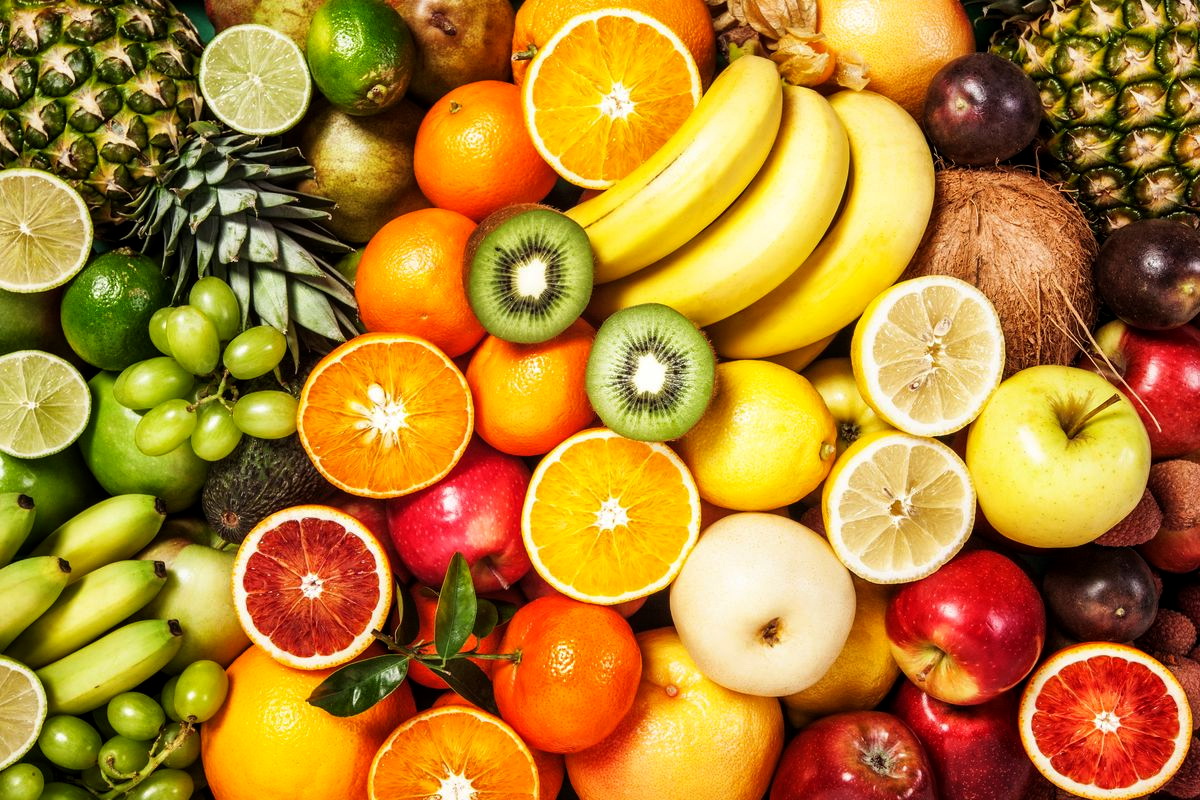Healthy Fruits and Food to give a dog

Warnings for dog owners!
The seeds of fruit contain the raw materials for hydrocyanic acid. Hydrocyanic acid is released when the seeds are bitten. Hydrocyanic acid is an extremely toxic colorless to very light blue liquid and is a strong and potent poison for dogs. Oxygen uptake in organs is reduced. The brain and heart are extra sensitive to this. Hydrocyanic acid can cause general weakness, headache, confusion, dizziness, fatigue, panic, shortness of breath, nausea and vomiting. Shortness of breath can cause a dog to fall into a coma. Ultimately this can lead to death.
General information:
It is therefore important that you, as a dog owner, know about the dangers of some foods and plants. What is normal for a human to eat can be very poisonous for a dog (e.g. chocolate, sweetener, nuts, onion, garlic, etc.). Plants in the house and around the house can also be dangerous. Puppy's has listed a large number of toxic resources to make owners aware of the dangers. Young dogs in particular are at greater risk than adult dogs, as puppies are much more sensitive to toxic substances than large adult dogs. You can share the list of toxic things below with your dog friends on Facebook.
How much fruit can my dog eat per day?
A general rule is that you can give your dog 30 gr (about 1 oz) of fruit per 10 kg (about 22 pounds) of body weight per day. A 30 kg dog can therefore eat, 90 gr (about 3 oz) of fruit per day. This is equivalent to a bowl of strawberries, a slice of watermelon or an ordinary small size apple.

It's so much fun

to share food with a pup,

especially yogurt with some honey and fruit.
Be responsible with providing fruit and food
- Apples, Apples are a great source of Vitamin A & C as well as fiber. They are low in protein and fat. Don’t feed your dog the whole apple – remove the core and seeds.
- Bananas, contain natural sugars that can give your dog a boost in energy. They also contain amino acids, potassium, vitamin C and B6 and improve heart health and blood pressure.
- Black, Blue and Raspberries, Berries are packed with antioxidants and phytochemicals, which are chemical compounds in plants that have been found to help fight cancer in humans. They are also low in sugar and calories. Blackberries and raspberries, however, also contain small amounts of naturally occurring xylitol. This is a sweetener that is used in a lot of low-sugar foods. It’s very toxic to dogs in large amounts, but your dog would have to eat a lot of berries to cause hypoglycemia, and a huge amount for it to be lethal. A small handful a day should be the limit.
- Cantaloupe, If your dog is overweight or has diabetes, cantaloupe should be given in small quantities because it is high in sugar. However, it contains many nutrients, water and fiber. Do not feed your dog the seeds.
- Cranberries, Although many dogs do not like the tartness of cranberries, they can be healthy for your dog in small quantities.
- Honeydew, is safe and healthy for dogs to eat. It contains vitamin C, potassium, and fiber, and it’s low in calories. And much like cantaloupe and watermelon, honeydew contains a high percentage of water—making it great for hydration.
Always remove the rind and seeds before feeding honeydew to your dog to avoid any potential choking hazards or intestinal blockages.
- Mango, are also high in sugar and should only be fed to dogs in moderation. However, they are high in many nutritional benefits like fiber, potassium, and vitamins A, B6, C, and E. Be sure to remove the mango seed, and cut it into small pieces when feeding it to your dog.
- Orange, After an orange is free of its peel it can be a tasty treat for your dog. Oranges contain vitamin C, potassium, and fiber.
- Peaches, Avoid canned peaches because of their sugar, but once the pit and skin have been removed from a peach, they are a great source of fiber and vitamin A.
- Pears, Once the pit and seeds have been removed, pears are rich in copper, fiber and vitamins C and K.
- Pineapple, Pineapple is a great sweet treat for dogs containing vitamins, minerals, fiber and bromelain (helpful in absorbing proteins).
- Strawberries, Want your dog’s teeth to be whiter? Believe it or not strawberries contain and enzyme that help to brighten dog’s teeth. They are also full of fiber and vitamin C. Feed these to your dog in moderation because they are high in calorie.
- Watermelon, Who doesn’t like watermelon to keep you hydrated on warm sunny days? Watermelon also contains Vitamin A, B-6 and C as well as potassium.
